Ryan Hurd

Artist Information
Ryan Hurd is a rough-cut romantic whose brand of country is just a sliver outside the norms of Music Row. He embodies the new masculine -- simultaneously amiable and focused, respectful and edgy, commanding and supportive. There’s a lot of complexity wrapped up in Hurd, who’s balanced his budding Arista Nashville recording career with a songwriting portfolio that includes hits by Luke Bryan, Blake Shelton, Lady A, Diplo and more.
With nearly 400 million career streams, Ryan Hurd has the attention of entertainment tastemakers including Esquire, GQ, Maxim, American Songwriter, Billboard, People, NBC’s “TODAY,” “CBS This Morning” and more. Following the success of his Platinum-certified Top 20 “To A T,” Hurd continues his hit-producing path with “Chasing After You,” his first official duet with wife Maren Morris, which became country radio’s most-added song its impact week in March. Hurd and Morris performed the “smoldering new duet” (Rolling Stone) for the first time on national television on the “56th ACM Awards” on CBS.
With the collections Ryan Hurd (April 2017), Panorama (re-issued July 2019), Platonic (September 2019) and EOM (June 2020), Hurd has created a body of work that is vivid, reflective, and laden with lyrics that are cinematic, scene-setting images that transport and deliver a genuine vulnerability capped by irresistible melodies.
From Kalamazoo, Michigan, Hurd was raised by a father who worked in advertising and a mother who earned her paycheck as an occupational therapist. Both parents dabbled in music in their spare time – Dad sang in the church choir, and Mom played piano, and they even created a makeshift recording studio in the basement of their modest home.
“It was not anything that you would look at and think, ‘Oh, that's a studio,’” Hurd recalled. “It was just a little computer room that had an interface and a bunch of instruments laying around.”
Hurd cut his musical teeth playing drums and listening to rock bands – Jimmy Eat World and Wilco were personal favorites – and to country music on the radio. The wordplay and identifiable choruses created by Alan Jackson and Brad Paisley formed something of a template as Hurd developed crude recording techniques in that home studio with Aaron Eshuis, a friend who likewise found his way to Nashville and ultimately became Hurd’s producer and creative collaborator.
“A lot of the music that we started making was in the structure of country music, very hook-based,” Hurd said. “I've always just been attracted to the way that country songs are put together.”
Hurd and Eshuis played in a local band in Michigan, though Hurd planned to put music behind him when he went away to college. He studied sociology and economics at Belmont University in Nashville where he quickly fell into a band and toured a bit his freshman year.
When Eshuis enrolled at Belmont a year later, the two became running buddies with a few other songwriters who were soon to make waves in Music City: Joey Hyde (who co-wrote The Swon Brothers’ “Later On” with Hurd), Matt McGinn (“Heaven,” “What Ifs”), and indie singer/songwriter Steve Moakler.
“I had that network of people around me who were all extremely talented, and I figured out that songwriting is a job that you can actually make money from,” Hurd said. “You don't have to go on the road. You don't have to be the best singer or the best artist, just a good writer.”
Hurd got a half-time job doing research each day until 11:00 AM, leaving him free to focus on songwriting the rest of the day, and he grew fairly quickly. He landed a series of key cuts – with Jake Owen, Dierks Bentley, and Rascal Flatts – plus a progression of singles: Blake Shelton’s “Lonely Tonight,” Lady A’s “You Look Good,” and Luke Bryan’s “Sunrise, Sunburn, Sunset.”
In a songwriting room in 2013, Hurd met Maren Morris, his musical muse, now wife and, as of March 2020, mother of their son Hayes Andrew Hurd. They wrote a Tim McGraw song, “Last Turn Home,” that marked her first writing credit for a major artist, and their professional friendship soon blossomed into a romance. Hurd then recorded Panorama handing out 500 copies to ticket holders who came out to see a concert he did with Morris and fellow Nashvillian Ryan Beavers. The show, and the disc, made an impact. He got a manager, a booking agent, and soon picked up his recording deal with Sony Music Nashville. Hurd turned to Eshuis – who’s produced Scotty McCreery and written songs for Cole Swindell and Kid Rock – as his producer.
Morris’ career took off shortly after that same show, and their relationship became one of his musical motivators. “Love In A Bar,” is a story derived straight from their early meet-ups, “Diamonds Or Twine,” which was written as an engagement present for Morris, uses a simple household item to convey a scratchy lifetime commitment, and she sings background on “To A T,” Hurd’s first solo hit with a hauntingly synthetic arrangement and sexually-charged intimacy.
“I've written for her album, and she's written for mine, and she sings with me a lot,” he said. “You kind of can't tell my story without her.”
Performing live has been a natural extension of that progression. Hurd first hit the road in 2017 with Thomas Rhett and Florida Georgia Line, helping to build his fan base and his comfort as a solo artist – rather than a member of the band. He took most of 2018 off the road, but the two shows he did play put him in a more stripped-down setting. He realized that his best form of expression relied less on big-personality entertainment and more on simple relationship with the audience.
“I'm not a great guitar player by any means, but somehow putting on an electric guitar that fit my body, it just felt like a missing piece,” he explained. “I played in London, and I played in Mexico, and it felt like those two shows turned it around.”
In early 2020, Hurd headlined his Platonic Tour, wowing crowds with a sold-out stop in Nashville (Cannery Ballroom), two sold-out nights in Chicago (Joe’s on Weed Street), and a two-night capacity stand in New York City (Gramercy Theatre).
The music he’s recorded in the meantime has similarly helped Hurd find his musical center, which subtly reveals his personal power. It takes strength to purposely let down your emotional guard – particularly on a public stage – and Hurd’s songs invariably reveal his longing for connection and his commitment to growth and personal truth.
Stay In Touch
Skip the FOMO, we’ll make sure you don’t miss a thing! Sign up for exclusive updates, events, and offers – just for fans like you.






